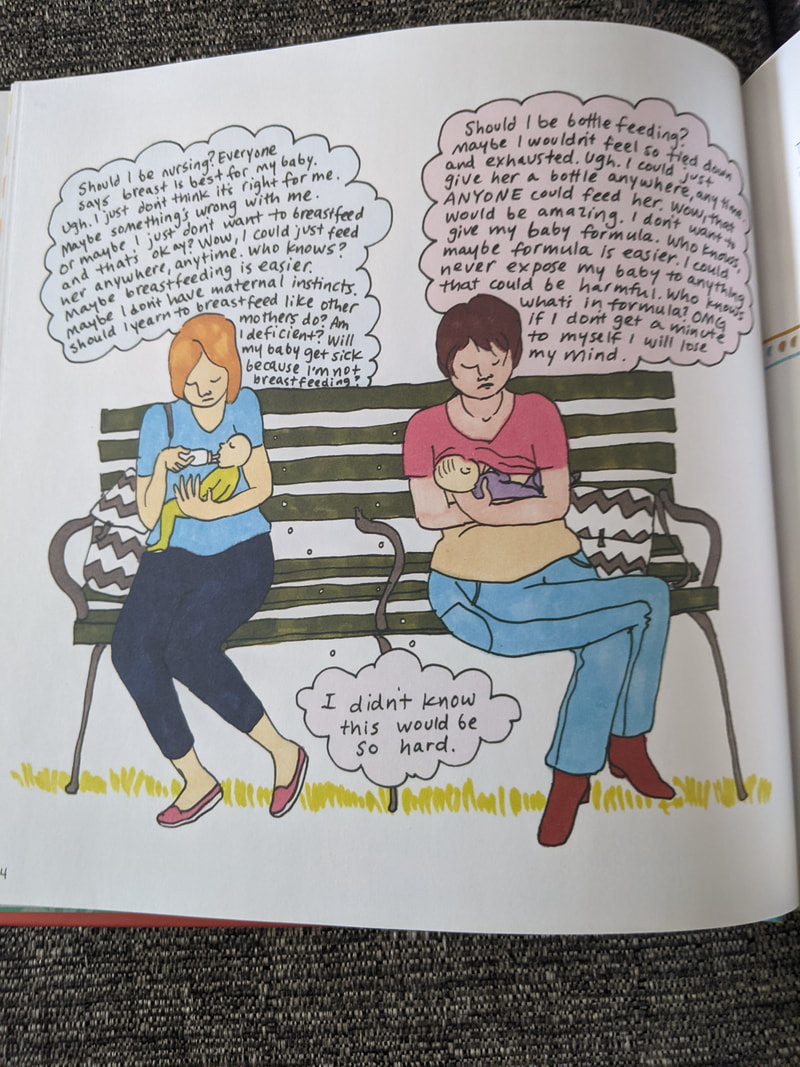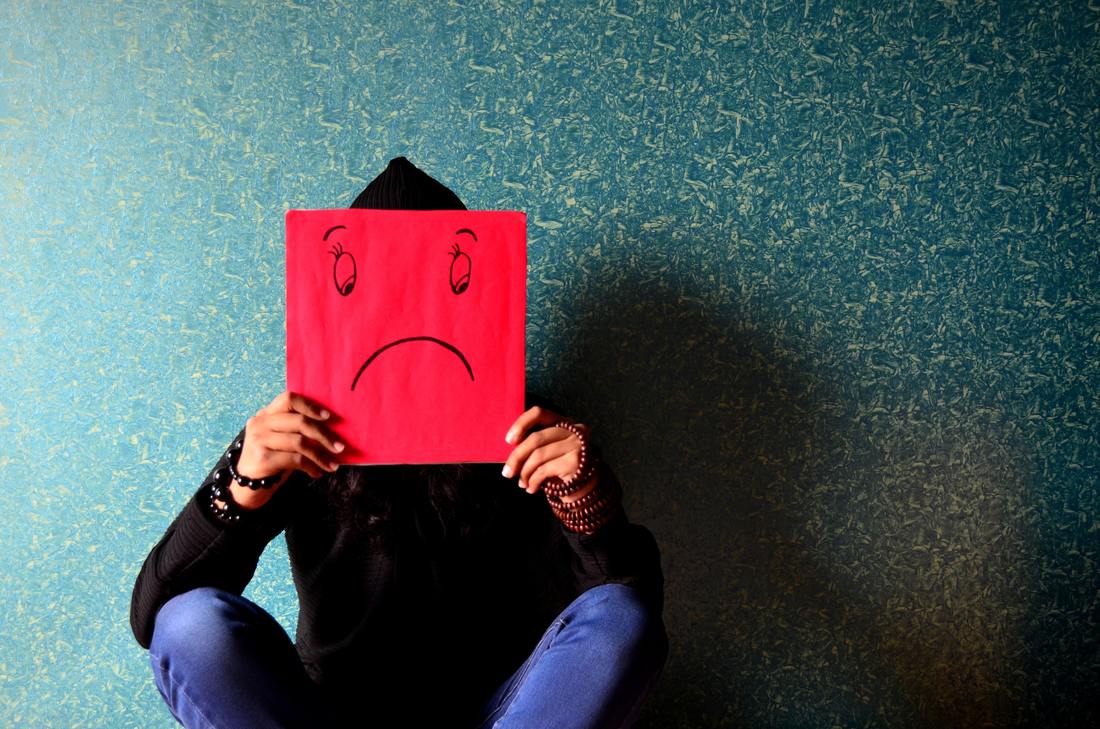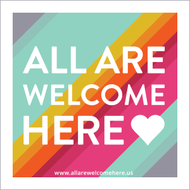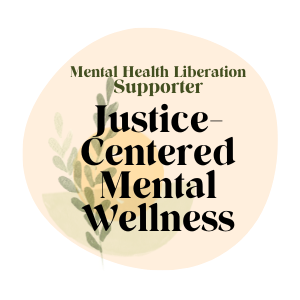|
May is maternal mental health month and I can’t let it go by without writing about what I’m discovering is one of the most fraught, guilt-inducing, shame-filled aspects of the postpartum period for many women: breastfeeding/chestfeeding.
“What?!” – you ask. We don't usually see words like "shame" and "guilt" associated with breastfeeding. We see, “joyful”, “bonding”, and “magical” and are told it’s the best thing we could possibly do for our baby. We’re told it’s what truly makes us mothers. But what does that mean about all the women out there who can’t breastfeed? Or, perish the thought, don’t want to. As I write this, I can’t help but feel grief and sadness for all the pressure that is put on us as women and for some of my dearest friends and clients who have experienced immeasurable pain and trauma from their attempts to breastfeed. It shouldn’t have happened this way. I breastfed my 9-month-old from day one and didn’t think much about using formula. While there were both beautiful moments and difficult moments (repeated clogs, trying to keep up with pumping while working full-time etc.), it had overall been a positive experience. But as we started to approach the 9-month mark, I decided that it was time to start to wean – for many reasons. One of which being that my son began to wean himself. He started preferring the bottle to the breast. I was slightly insulted (Really?! No thank you to warm, fresh milk from the source? Rude!) but mostly relieved. I too had started to prefer the bottle to the breast. I was tired of being connected to the pump all day long, often watching my son reach for me and having to hide away so that I could get milk out for him. I was tired of going into silent dark rooms to feed so that he would stay latched without getting distracted. I was tired of the fact that, when he would finally sleep through the night, I would be up for hours curled over the sink squeezing out a painful clogged duct that had appeared out of nowhere. When I decided that we were both ready to let the boob go and move to the bottle, it seemed practical. I wasn’t prepared for the emotions that accompanied it. I felt selfish, bad, wrong. How could I give my son this horrible, artificial stuff called formula when I was one of the lucky ones who COULD make breastmilk for him? Aren’t I supposed to do this for one full year? What’s wrong with me for wanting to stop? As the adults in my home will attest to (my husband, my amazing formula-positive nanny), it was a time wrought with fear, pain, and confusion. I was lucky to have a friend who had a formula-fed baby to help me understand what I was experiencing. She gave me a book I highly recommend, called Bottled Up: How the Way We Feed Babies Has Come to Define Motherhood, and Why It Shouldn’t by Susan Barston. Barston looks at breastfeeding politics and “offers a corrective to our infatuation with the breast.” Her book made me feel a sense of relief. I started to believe that I wasn’t bad or wrong for wanting to wean my baby prior to one year and for seeking a safe alternative to breast milk. Her book also made me angry. Angry for myself and for all the women out there who weren’t able to breastfeed or who decided to stop at one point another – because they had been sexually assaulted, because they had an eating disorder, because they didn’t produce enough milk, because they have inverted nipples, because it was too painful, because it doesn’t align with their gender orientation, because they didn’t have paid maternity leave, because they DIDN’T WANT TO! We deserve better than having to suffer in a shameful collective silence, feeling judged by other moms and anyone else with an opinion. We deserve compassion, understanding, support – just for being new mothers trying to do our best. We deserve high quality formula that’s made in the United States so that we don’t have to order it from Europe and try to decipher German instructions. We deserve to be seen and informed about our options in prenatal classes whether we intend to breastfeed for 1 month, 1 year, or not at all. We do SO MUCH for our children and we are more than how we choose to feed them. I’m calling for a new dialogue. When you see someone feeding their baby with a bottle, remind yourself (and maybe them) that it’s beautiful. And if you had to feed your baby in a way that breaks the fairytale vision that you were socialized into, remind yourself that you are a worthy, wonderful, true mother - regardless. Now that I am well on my way to having a bottle-fed baby for the last few months of his first year, I feel so relieved. And he is a very happy baby with a very happy, well-rested, fulfilled, mama – what could be more valuable than that?
0 Comments
It can be easy to feel like you're the only one struggling in times of strife, and that makes the suffering even more intense. I have found podcasts to be an amazing resource for finding comfort in times of difficulty, to feel less alone, less weird, more human. And I know that many of my clients feel the same way.
Through podcasts, you can be a voyeur. You can listen in on candid conversations about any topic that interests you, and no one has to know. It's just you, your listening device of choice, and the open road. Most people start out listening to podcasts about current events, business growth or marketing, podcasts for entertainment and the like, but many have not considered listening to podcasts about mental health. It turns out there are some great podcasts to help with the suffering so many of us deal with: depression, anxiety, ADHD etc. You can hear stories from other people and learn from how they've overcome difficult situations. The format is usually entertaining (there are so many podcasts out there, it takes some charisma to survive!) and, it's totally anonymous. What could be better? So get some free therapy on your way to work, while you're out walking the dog, washing the dishes, wherever! One of my favorites is Tara Brach's talk and meditation series. She is a psychologist and meditation instructor and she is a wonderful source of wisdom. Two of her most recent talks are about healing depression through meditation (Part 1 and Part 2). And before I send you off to explore, I have a few more suggestions to get you started on the road to the wonderful world of self-help podcasting. Here is great a list of 10 Podcasts about Mental Health from the Lily, an extensive list of prenatal and postpartum / new motherhood-focused podcasts and eating disorder recovery podcasts (Food Psych is one of my favorites) from Player FM, and 10 ADHD Podcasts You Need to Kick off 2018 (a little late, I know). You can find most of these podcast series on the podcast app that is already installed on your smartphone. And feel free to get wild and search for some mental health podcasts of your own! If you have a podcast you really enjoy and would like to share it with us, please do in the comments below. Happy listening! Last week was eating disorder awareness week and Asheville was brimming with amazing programming, thanks to T.H.E Center for Disordered Eating of Western NC. I felt connected to and inspired by all the body positive clinicians (like my buddies at Asheville dietitian group Nutritious Thoughts) who are working to educate themselves and to serve our local community - to reduce stigma and increase self-love. What could be more inspiring than that? I was particularly moved by an amazing documentary screening at the Grail Moviehouse on Friday night (side note: this theater is one one of my favorite Asheville haunts, and if you haven't been you should go and support small locals theaters!). Fattitude the Movie does an excellent job of providing important and compelling information about fat discrimination and in creating awareness of the prejudice that fat people experience. I would encourage everyone reading this blog put to go see it but, unfortunately, it still needs help with funding to get released in a way that makes it more accessible to the general public. If you'd like to help with this, you can donate here. The movie opened my eyes to the fact that, while we've at least started a dialogue about racial, ethnic, and religious bias and discrimination, our prejudice towards body diversity remain largely unexamined. So much so that we just assume that it's fat that makes fat people "unhealthy" or prone to disease and completely ignore the fact that fat people often face enough bullying, harassment, and disgust in our society to create the kind of stress and isolation that often lead to illness and disease. While it was hard to hear about the pain and discrimination experienced by the brave, bad-ass and beautiful speakers in the documentary (Lindy West in particular - she is amazing, check out her site here), it was ultimately a hopeful documentary with a call to action. First of all, we need to question our assumption that being fat means being unhealthy. Yes, many people are both fat AND healthy! It's true. And just like so many other studies that come out, the studies that link weight and disease are often politically motivated. So how can we actively work against this bias? Well for one, we can follow some fabulous and fat trailblazers on social media and see how they are capable, healthy, and active people to be admired and adored (Tess Holiday and Virgie Tovar are great starts! ). And take the time to learn about how body politics play into our biases through blogs like Fattitude's Body Positive Politics. Another action that Fattitude calls for is to encourage yourself, your friends, family, clients, whoever - to occupy your spaces and your bodies. To say "Damn the man! I will go to the gym in a sports bra if I want to!" and "I will eat a big dessert at a restaurant and look you dead in the eye" - no matter what your size or shape. Because being seen, being joyous, being loud, being colorful - that right belongs to EVERY body. So let's show some Fattitude my friends! I'm ready. Are you? |
AuthorDr. Martine Jones (formerly Martine Luntz) is a clinical psychologist who serves clients in North Carolina, Florida, and internationally by providing support for relationship concerns, stress and anxiety, infertility, prenatal and postpartum distress, and life and role changes. Archives
April 2022
Categories
All
|



 RSS Feed
RSS Feed



